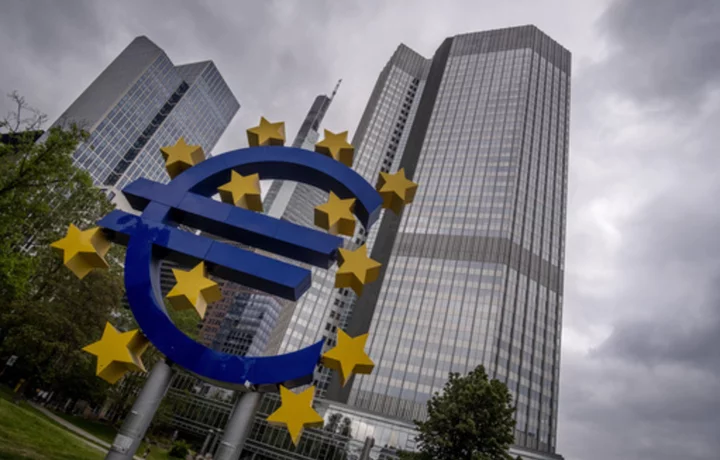
Ready for a digital euro? At 25, European Central Bank preps for future of money
Proposals for a digital European currency are taking shape
2023-05-24 17:23
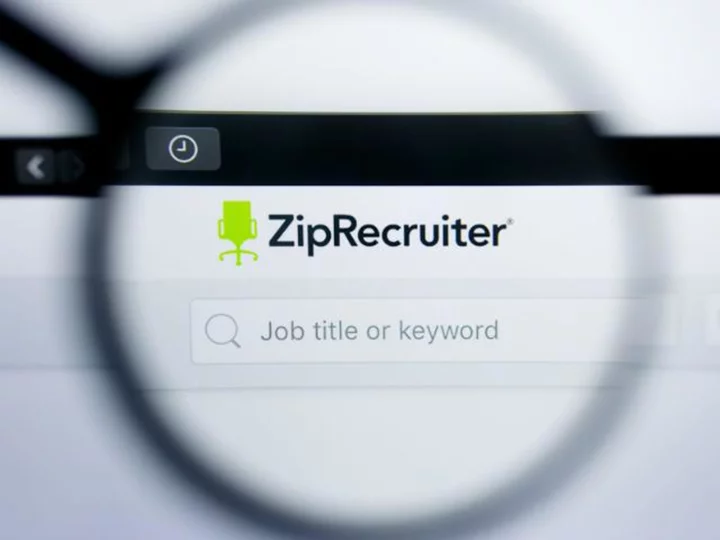
Job site ZipRecruiter cutting 20% of its staff
Fewer employers looking for workers means 270 employees at job search site ZipRecruiter will soon be out of a job.
2023-06-01 23:47
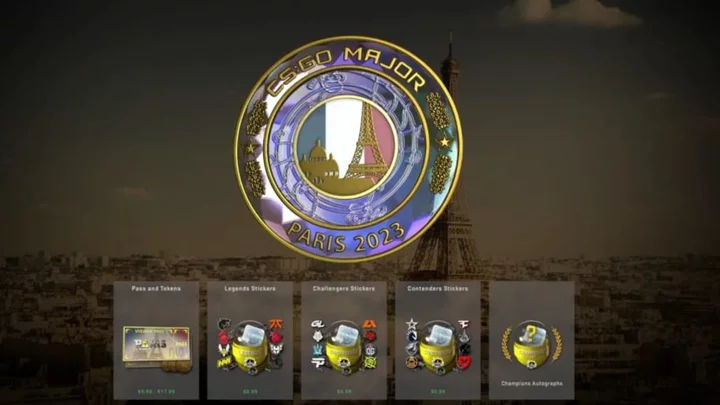
When do BLAST.tv Paris Major 2023 Stickers Go on Sale?
BLAST.tv Paris Major 2023 Sticker Capsule sale could go live as early as June 1 based on previous trends.
2023-05-22 23:26
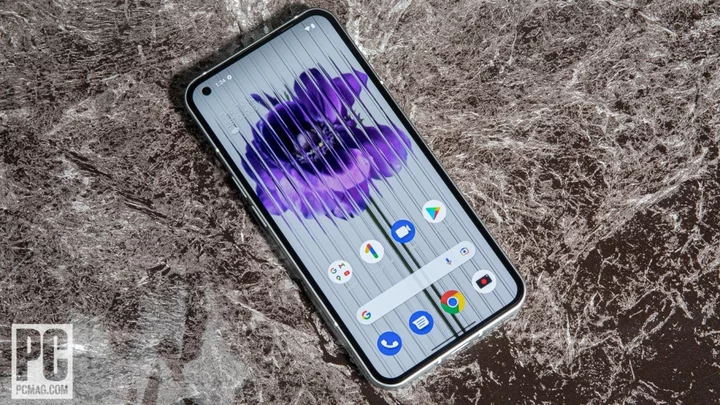
Nothing Phone (2) Launching in the US Without Carrier Constraints
It looks like the Nothing Phone (2) will launch in the US in July as
2023-05-26 03:52
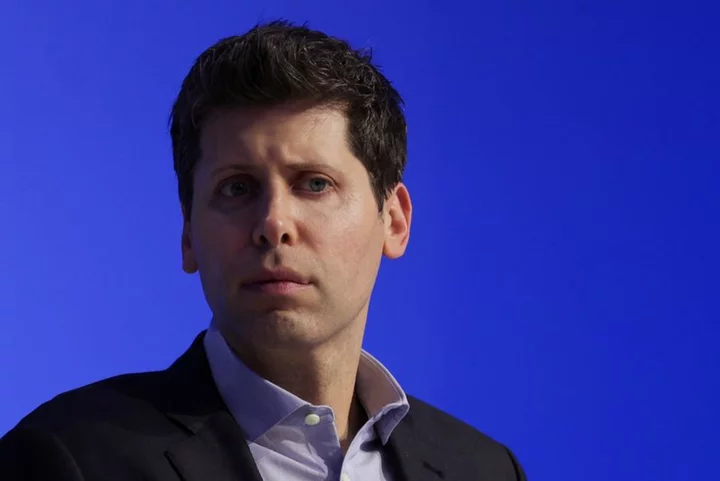
OpenAI's Sam Altman to depart as company's CEO
(Reuters) -ChatGPT maker OpenAI said on Friday Sam Altman will depart as the company's chief executive officer after the board
2023-11-18 05:28

REGENESIS’ PlumeStop Technology Finalist in Prestigious Fast Company Awards
SAN CLEMENTE, Calif.--(BUSINESS WIRE)--Aug 23, 2023--
2023-08-23 23:58

'A crossover I was not expecting': Fans back Grayson Chrisley as 'Chrisley Knows Best' star leaves cheeky reply on Alabama Barker's post
Grayson Chrisley sparks dating rumors after he leaves a cheeky reply on Alabama Barker's IG post
2023-05-16 11:17

Zilliant Welcomes Chris Lee as Chief Revenue Officer
AUSTIN, Texas--(BUSINESS WIRE)--Aug 15, 2023--
2023-08-15 19:29
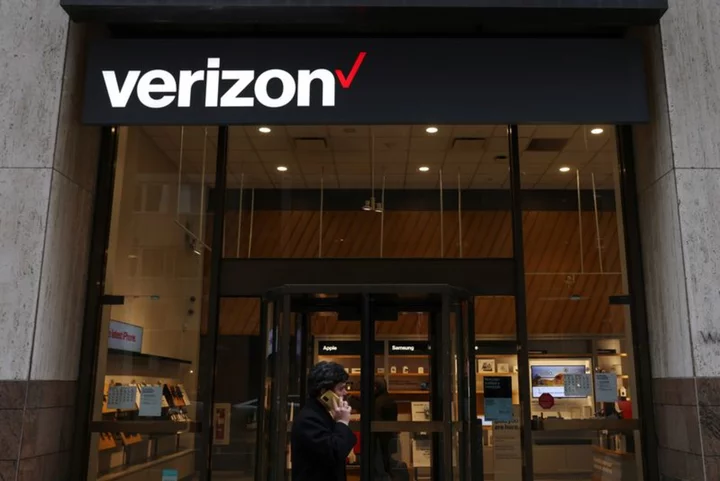
Verizon warns customer service employees of impending layoffs- The Verge
Verizon Communications Inc held a meeting with customer service employees to notify them of upcoming "restructuring" and "streamlining"
2023-05-25 05:49
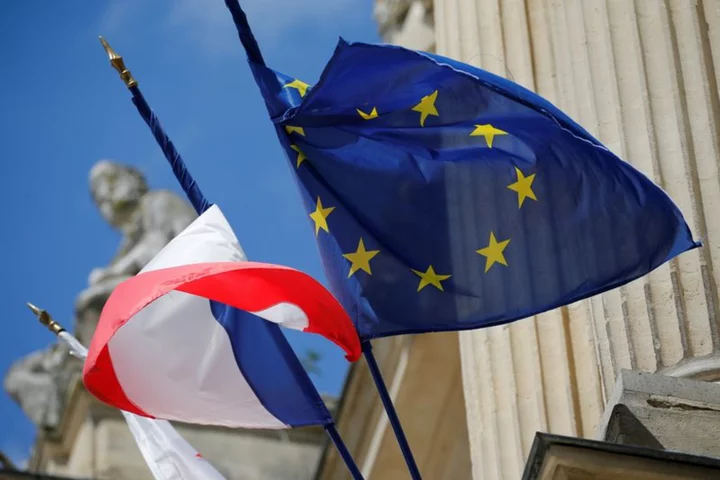
Analysis-French backlash scuppers appointment of US economist for EU Big Tech regulation
By Foo Yun Chee BRUSSELS A French-led backlash led to a U.S. economist withdrawing from a top European
2023-07-19 22:50
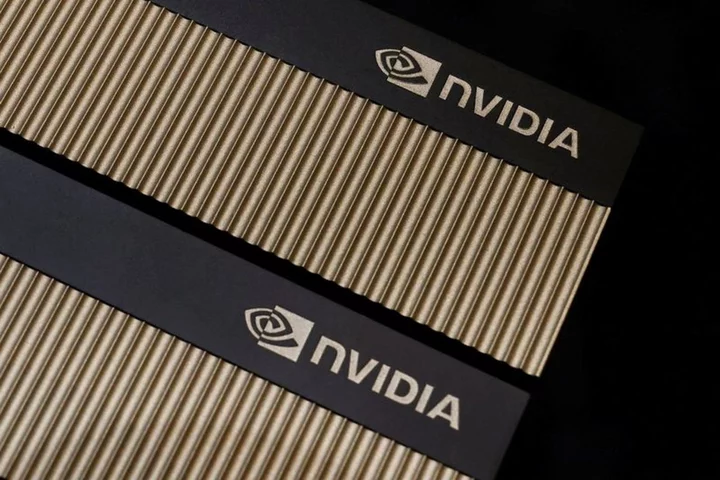
Nvidia's dominance in AI chips deters funding for startups
By Max A. Cherney Nvidia's supremacy in building computer chips for artificial intelligence has chilled venture funding for
2023-09-11 18:23

MyHeritage Launches Reimagine: An Innovative Photo App for Scanning, Improving, and Sharing Family Photos
TEL AVIV, Israel & LEHI, Utah--(BUSINESS WIRE)--May 30, 2023--
2023-05-30 22:59
You Might Like...

Olivia Dunne exposes her startling red flags, fan asserts they are 'the one' for her
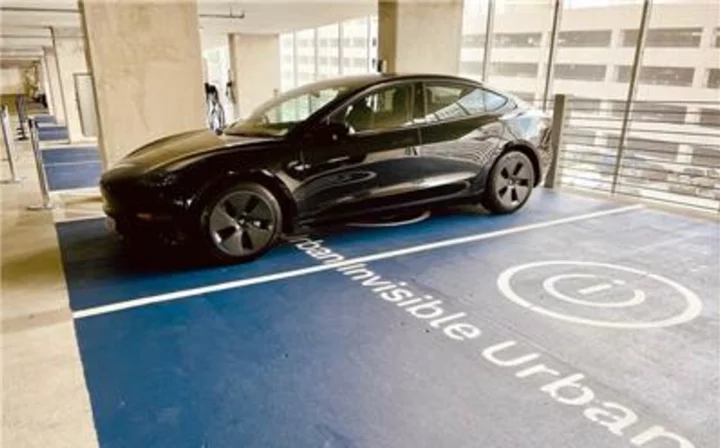
Invisible Urban Charging, JLL Launch Global Partnership for EV Charging
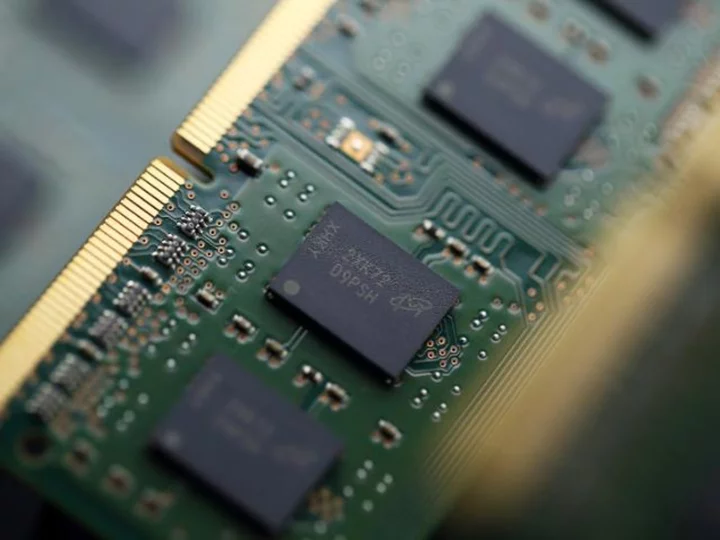
China imposes sales restrictions on Micron as it escalates tech battle with Washington
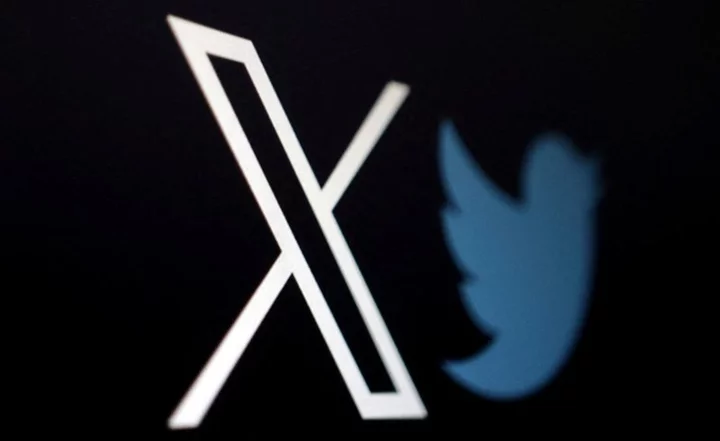
X removes hundreds of Hamas-affiliated accounts since attack, CEO says
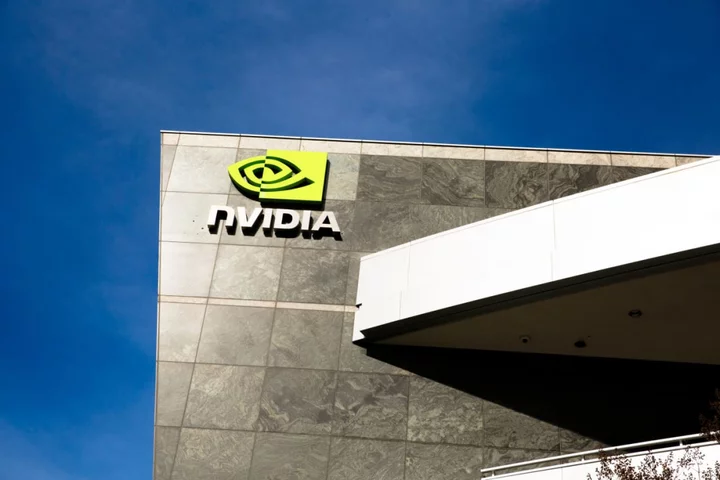
Nvidia Still Leads AMD, Intel In the AI Chips Race. How It Plans to Stay Ahead.

Mattel’s New Chief Uno Player Will Earn $17,776 in Four Weeks

X chief Yaccarino claims renamed Twitter 'close' to break-even

Wet Leg go Simlish! Band’s cover of ‘Angelica’ features in ‘Sims 4’ Horse Ranch add-on
